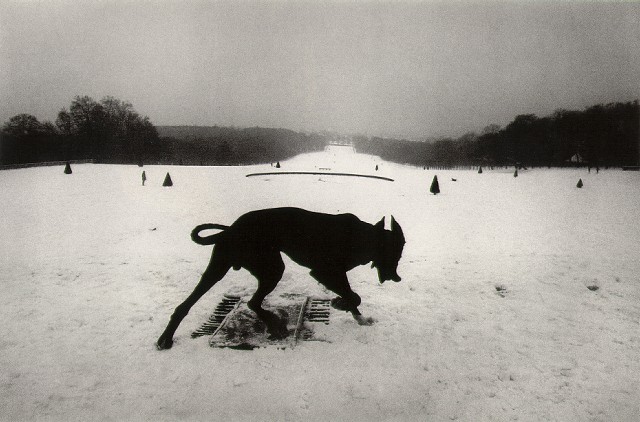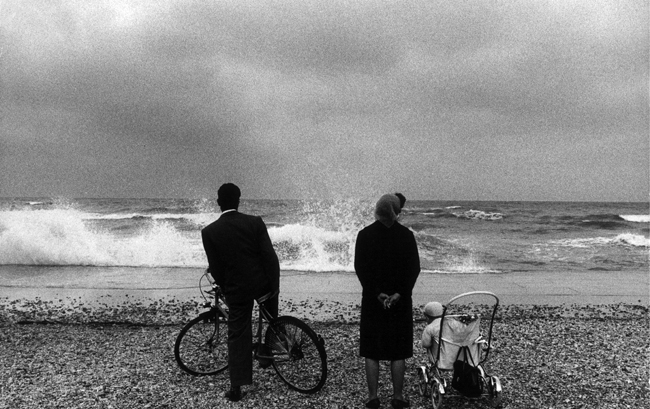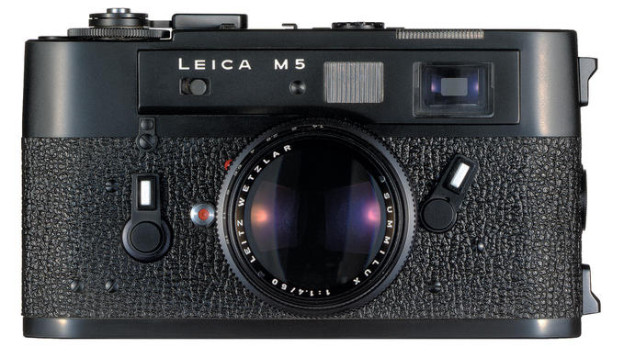In November 1955, Lt RE Brown of the Arkansas State Police spotted an unshaven and shabbily dressed suspicious looking man driving an old Ford near the Mississippi River.The man’s car was full of maps, numerous papers written in foreign languages, and a number of strange German “Leica’ cameras with bags and bags of exposed films. Suspecting the man to be a communist spy, Lt Brown arrested Robert Frank and brought him to the McGehee City jail for fingerprinting and interrogation. A local citizen “who knew several foreign languages” was brought in to assist in Frank’s questioning even though Frank spoke fluent English.
The Swiss-born Frank protested that he was a professional photographer who had received a grant to travel America taking pictures. He explained that his work had been published in the New York Herald Tribune, the New York Times and Life and Look magazines. Frank showed the Lt. some of his work, what looked to Lt. Brown like spy photos: blurry images, often out of car windows, of things like bridges, factories and power stations. It was only when Frank produced a well worn copy of Forbes magazine with his name and photos prominently displayed was he finally allowed to go on his way. His fingerprints were forwarded to the FBI.
Four years later, in 1959, some of the same pictures he showed Lt Brown would be published in book form in Frank’s seminal work The Americans.
ARKANSAS STATE POLICE
Little Rock, Arkansas
December 19, 1955
Alan R. Templeton, Captain
Criminal Investigations Division
Arkansas State Police
Little Rock, Arkansas
Dear Captain Templeton:
On or about November 7, I was enroute to Dermott to attend to some business and about 2 o’clock I observed a 1950 or 1951 Ford with New York license, driven by a subject later identified as Robert Frank of New York City.
After stopping the car I noticed that he was shabbily dressed, needed a shave and a haircut, also a bath. Subject talked with a foreign accent. I talked to the subject a few minutes and looked into the car where I noticed it was heavily loaded with suitcases, trunks and a number of cameras.
Due to the fact that it was necessary for me to report to Dermott immediately, I placed the subject in the City Jail in McGehee until such time that I could return and check him out.
After returning from Dermott I questioned this subject. He was very uncooperative and had a tendency to be “smart-elecky” in answering questions. Present during the questioning was Trooper Buren Jackson and Officer Ernest Crook of the McGehee Police Department.
We were advised that a Mr. Mercer Woolf of McGehee, who had some experience in counter-intelligence work during World War II and could read and speak several foreign languages, would be available to assist us in checking out this subject. Subject had numerous papers in foreign langauges, including a passport that did not include his picture.
This officer investigated this subject due to the man’s appearance, the fact that he was a foreigner and had in his possession cameras and felt that the subject should be checked out as we are continually being advised to watch out for any persons illegally in this country possibly in the emply of some unfriendly foreign power and the possibility of Communist affiliations.
Subject was fingerprinted in the normal routine of police investigation; one card being sent to Arkansas State Police Headquarters and one card to the Federal Bureau of Investigation in Washington.
Respectfully submitted,
Lieutenant R.E. Brown, Lieutenant Comanding
Troop #5
ARKANSAS STATE POLICE
Warren, Arkansas














